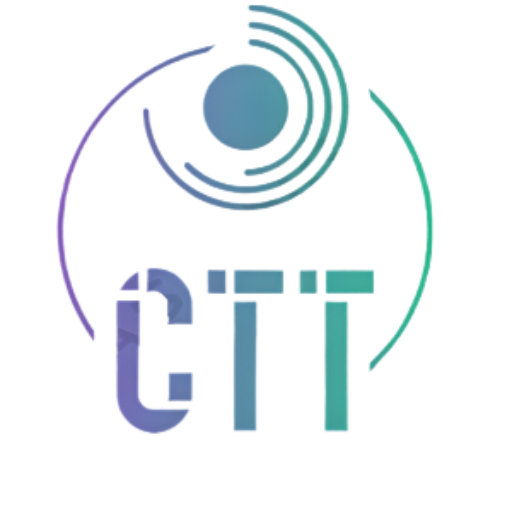Canada develops laboratories controlled by Artificial Intelligence
Canada is set to invest $146 million in the development of groundbreaking autonomous laboratories controlled by artificial intelligence (AI), aimed at expediting and reducing the cost of producing new materials and molecules. The project is spearheaded by Mexican scientist Alán Aspuru-Guzik, renowned as one of the brightest minds in modern chemistry. The funds, the largest federal grant in Canada’s history, will be allocated to the Acceleration Consortium (AC) at the University of Toronto.
The AC, led by Alán Aspuru-Guzik, a Professor of Chemistry and Computer Science at the University of Toronto, focuses on the concept of “self-driving” laboratories (SDL), which are robotized and AI-controlled. Aspuru-Guzik, recruited in 2018 under Canada’s Research Program, envisions these autonomous labs as a game-changer in science.The Mexican scientist highlighted the potential of combining artificial intelligence and robotics to revolutionize scientific discovery. He emphasized the role of these “driverless” labs, where AI-driven decisions are executed by robots, in accelerating scientific breakthroughs across various fields such as clean energy, medicine, and more.
The University of Toronto anticipates that Aspuru-Guzik’s autonomous labs will expedite the development of new drugs, biodegradable plastics, low-carbon cement, and renewable energy projects. It is projected that SDLs could reduce the time and cost of producing new materials from 20 years and $100 million to just one year and $1 million.
Earlier in the year, Aspuru-Guzik demonstrated the efficacy of his concept by using AI to discover a potential liver cancer drug within a month, a process that typically takes six months to a year without AI.
Expressing the personal significance of Canada’s grant, Aspuru-Guzik, who previously taught at Harvard, stated that the moment reaffirms the positive decision to migrate to Canada. He likened the experience to being at the most significant science fair of his life.
The funding for Aspuru-Guzik’s Acceleration Consortium is part of a larger investment of CAD 1.4 billion (USD 1.26 billion) by the Canadian government to support 11 major research initiatives at universities across the country. These initiatives span areas from clean navigation in the Arctic to the development of genetic therapies and community decarbonization.
